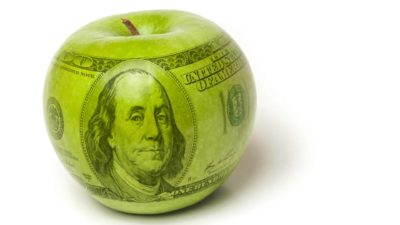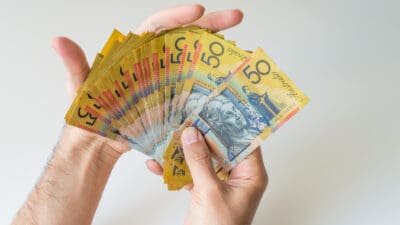This article was originally published on Fool.com. All figures quoted in US dollars unless otherwise stated.
We recently got a look at Berkshire Hathaway Inc's (NYSE: BRK.A)(NYSE: BRK.B) massive stock portfolio, as it stood at the end of the second quarter. And the biggest move was one we already knew about: Berkshire's quarterly report indicated that the conglomerate had sold nearly half of its 12-figure Apple Inc (NASDAQ: AAPL) investment.
In addition to Apple, Berkshire sold quite a few other stocks, such as its entire position in software company Snowflake Inc (NYSE: SNOW) and about one-fourth of its investment in Capital One Financial (NYSE: COF).
However, there was one other stock-related move Berkshire made during the quarter, and it isn't anywhere to be found in the company's closely watched portfolio.
Berkshire's buyback slowed dramatically in Q2
In the first quarter of 2024, Berkshire Hathaway spent about $2.6 billion on share repurchases, or buybacks. In the second quarter, the company spent just $0.3 billion. That's a big slowdown.
Berkshire breaks down its buyback activity month by month in its quarterly reports, so here are the details of this year's repurchases.
|
Month |
Amount Berkshire Spent on Buybacks |
Average Price Paid (Class B Share Equivalent) |
|---|---|---|
|
January |
$479.1 million |
$370.08 |
|
February |
$1.829 billion |
$414.12 |
|
March |
$264.2 million |
$415.47 |
|
April |
$282.5 million |
$413.87 |
|
May |
$62.7 million |
$417.79 |
|
June |
$0 |
N/A |
Data source: Berkshire Hathaway quarterly reports. The average share price is calculated as one class A share equals 1,500 class B shares.
Does Buffett think Berkshire is too expensive?
First, Berkshire's buyback plan has two main conditions that must be met before any share repurchases can take place.
- The company cannot be left with less than $30 billion in cash and short-term investments after the buybacks occur. Berkshire has $277 billion on its balance sheet, and has had a 12-figure sum for a long time, so this has yet to be an obstacle.
- Warren Buffett must believe that Berkshire trades for less than its intrinsic value, using a conservative analysis. It used to require him and vice chairman Charlie Munger, who passed away last year, to agree.
So, to be perfectly clear, if Berkshire is buying back any stock at all, it means that Buffett thinks it's still cheap. With the exception of June, when no buybacks occurred whatsoever, Buffett clearly believed Berkshire was trading for less than the true value of the company.
Interestingly, for much of June, Berkshire's stock price was lower than the average price it paid to buy back shares in May, and even in February, which was by far the most active month of the year for buybacks. But if Berkshire's other stock market moves, such as the massive Apple sale, are any indication, Buffett may be taking a more cautious approach to capital allocation for the time being.
However, as of this writing, Berkshire Hathaway trades for about $444 per share, which is significantly higher than any price Buffett and his team have paid to buy back shares throughout its history. In other words, Berkshire has never traded at a price this high, other than in the past few weeks, so we won't know if Buffett thinks the current price is a good value until we see Berkshire's buyback activity, or lack thereof, for the third quarter.
This article was originally published on Fool.com. All figures quoted in US dollars unless otherwise stated.








